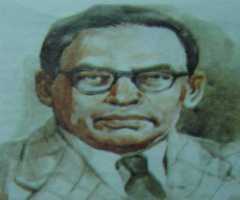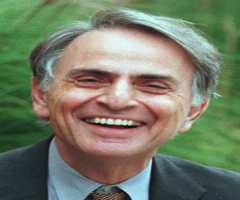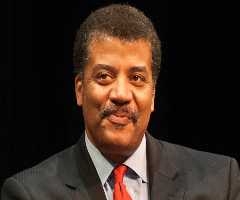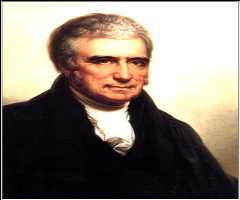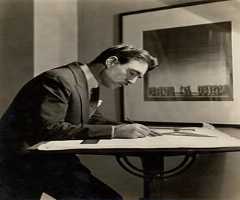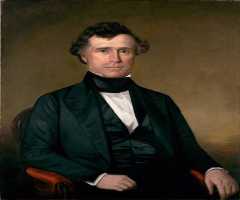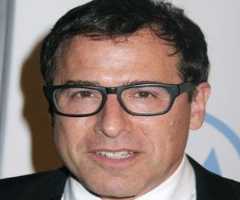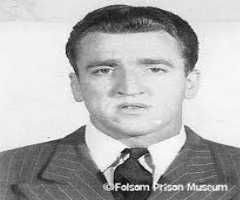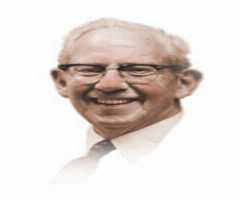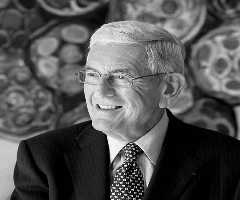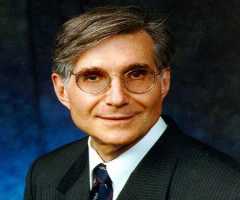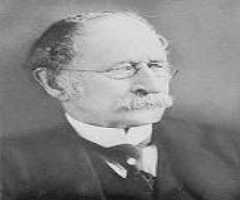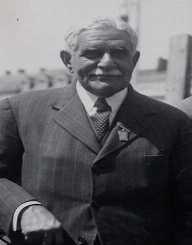
Birth Place : Wilton, New Hampshire, United States of America
Died On : December 17, 1973
Zodiac Sign : Gemini
Charles Greeley Abbot Biography, Life, Interesting Facts
Early Life And Education
Charles Greeley Abbot was born 31st May 1872, in Wilton, New Hampshire, United States. He was born to Harris and Caroline Abbot who were farmers, and he had three older siblings, a brother, Stanley, and two sisters, Ella and Florence.
Charles Greeley Abbot dropped out of school at the age of 13 to become a carpenter. He later went back to Phillips Andover Academy, where he completed his high school studies and graduated in 1890. One of his friends was going to Boston to sit the entrance examination for the Massachusetts Institute of Technology (MIT), so Charles Greeley Abbot traveled with him to see what Boston was like. Once he arrived, he wasn’t comfortable with being by himself, so he decided to sit the entrance examination instead.
Charles Greeley Abbot passed the entrance exam, and his parents arranged finances for him to attend MIT for one year. Charles Greeley Abbot started his studies in chemical engineering but then moved to physics. He graduated with a Master of Science in Physics, in 1894. Samuel P. Langley, the third secretary of the Smithsonian Institution, visited campus looking for an assistant, and Charles Greeley Abbot met with him.
Career
In 1895, Charles Greeley Abbot was appointed as an aid at the Smithsonian Astrophysical Observatory (SAO). He worked under Langley to start with, but after a period of time, Langley changed his focus to aeronautics, leaving Charles Greeley Abbot to take over the research on solar radiation. Abbot’s research took him on expeditions all over the world, quite often in partnership with the National Geographic Society. This included countries such as Australia, Egypt, South Africa, and Sumatra.
Charles Greeley Abbot was appointed acting Director of SAO in 1906. Due to Langley’s death, Charles Greeley Abbot was appointed Director of the Smithsonian Astrophysical Observatory in 1907. He remained as Director until he retired.
In 1909, Charles Greeley Abbot was able to get funding to build an observatory at Mount Whitney, which had been earmarked by Langley.
In 1918, the Assistant Secretary of the Smithsonian Institute, Frederick True, died. Charles Greeley Abbot was appointed to the role. As well as overseeing the SAO, he was also now in charge of overseeing the Smithsonian Libraries, and the International Exchange Service.
In 1928, after the death of Charles Walcott, Charles Greeley Abbot was appointed the fifth Secretary of the Smithsonian. He continued in the role of Director of the SAO.
Charles Greeley Abbot retired in 1944, the first Smithsonian Secretary to do so. He was awarded Secretary Emeritus upon his retirement.
Charles Greeley Abbot also did field work, at both the Lick Observatory and Mount Wilson Observatory. He installed pyrheliometers on balloons and let them up into the atmosphere so that he could measure the solar constant.
He was also an inventor, and Abbot had over 15 patents for different machines such as a solar cooker, and solar boiler.
Charles Greeley Abbot wrote many technical papers, mostly published through the Smithsonian Institution.
Major Works
When Charles Greeley Abbot began his research, his focus was on solar radiation. He later moved on to chart cyclic patterns found in solar variations. This research enabled him to track solar constant, which in turn, allowed for weather patterns to be predicted well in advance.
Awards And Honors
1910: Henry Draper Medal – United States National Academy of Sciences (for Investigations in astronomical physics)
1915: Rumford Prize – American Academy of Arts and Sciences
Personal
Charles Greeley Abbot married Lillian Moore in 1897. Moore died in 1944. The couple was married for 46 years but had no children.
Charles Greeley Abbot’s second marriage was to Virginia Johnston in 1954.
Legacy
In 1929, Charles Greeley Abbot opened the Radiation Biology Laboratory. The facility was used to study the effect of radiation on plants and other life forms. This field of study created a new stream of study in biophysics.
In 1955, a bronze bust of Charles Greeley Abbot was unveiled at the Smithsonian to celebrate Abbot’s 60 years with the Smithsonian, in conjunction with his 83rd birthday.
He has the Charles Greeley Abbot Crater on the moon named after him, and The American Solar Energy Society also has an award named in his honor for those who make major contributions to the research of solar energy.
